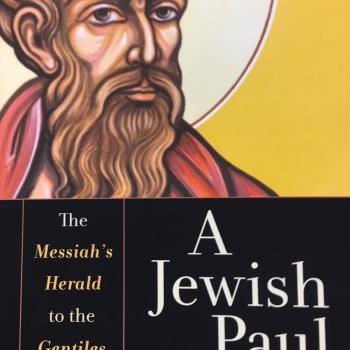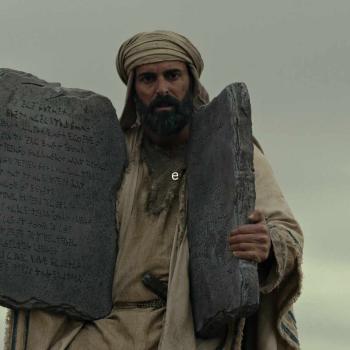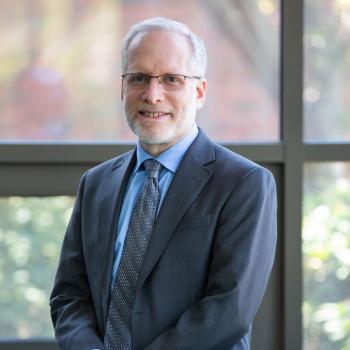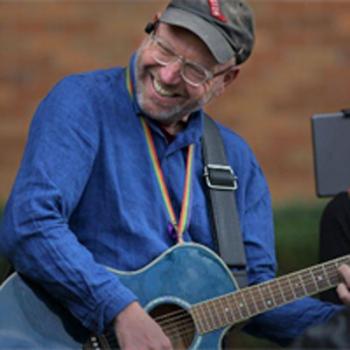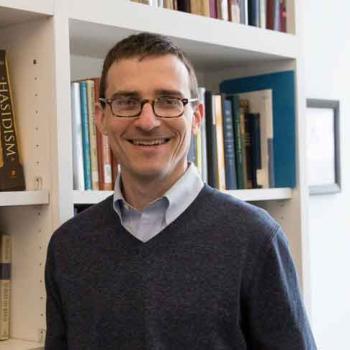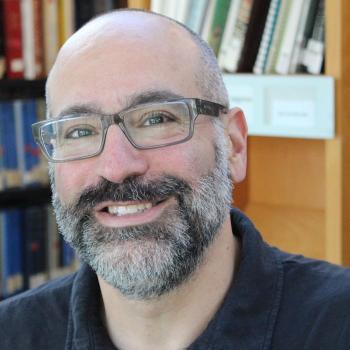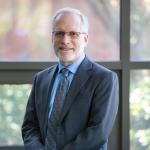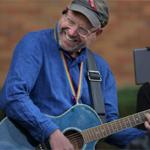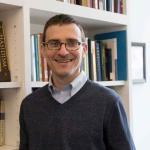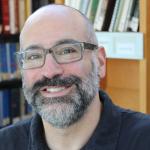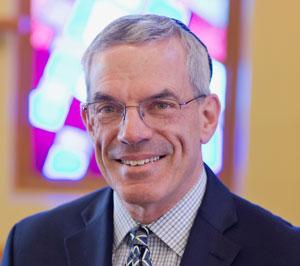 By Rabbi Brian Besser
By Rabbi Brian Besser
Parashat B’Shalach (Exodus 13:17-17:15)
A congregant I’ll call K. just found out she has cancer. “I can’t halt the parade of anxious thoughts,” she tells me. “All my hair will fall out. What if the treatment doesn’t work? I’m going to die.” K. has a good relationship with God. She says “modah ani,” wraps tefillin, and meditates every morning. With the news, however, none of her spiritual practices seem to help. “How fickle my faith turns out to be! Now is when I need it most.”
This week’s Torah portion B’Shallach begins with God’s extraordinary deliverance. “When Israel saw the great hand that Adonai wielded against Egypt, then the people had faith (va-ya’aminu) in Adonai.” (Exodus 14:31) Of course, they have faith! After marching through the sea on dry ground, the waters piling up in great walls on either side, who wouldn’t believe God’s awesome might at that point? On the other hand, “faith” isn’t really the right word. Faith, emunah, operates in the realm of doubt and uncertainty, whereas the Israelites witnessed the miracle with their own eyes. “To have faith” has to mean something more than “to know.”
Whatever “faith” the people express at the Red Sea, it is remarkably short-lived. Only three days later, at Marah, they take up the first of their querulous complaints against Moses—a motif that will characterize their entire journey through the wilderness. For the Hasidic master Mei Ha’Shiloach, their bitterness stems from profound letdown: “after the great revelation at the sea, they traveled without God granting them any further renewal, and their spirits fell.” (Mei Ha’Shiloach 1 on Exodus 15:22) It seems to be human nature to take miracles (or good fortune) for granted. A key aspect of faith, therefore, is endurance, as in the verse: “Your testimonies, Adonai, are enduring (ne’emnu).” (Psalm 93:5) No matter what your outside circumstances, can you still find things to be grateful for?
In the next episode, God tests the children of Israel by raining down bread from the sky. (Exodus 16:4) Commentators wonder how the daily sustenance of manna could constitute a “test.” The Ramban’s explanation is perceptive. At issue is their willingness to depend upon God’s care, day in and day out, rather than frantically gathering surplus in case God fails to provide. (Ramban on Exodus 16:4) Another connotation of faith is reliance. The word emunah may originally derive from omein, meaning “nurse.” When you are ailing, can you allow yourself to be nurtured, loved, and cared for completely by others, the way a baby is carried in his nurse’s bosom, or do you struggle to go it alone?
A little further along, the Israelites desperately exclaim: “Is Adonai in our midst, or not?” (Exodus 17:7) Biblical scholar Avivah Zornberg writes: “In a most powerful sentence, the Torah condenses the essential problem… Against the backdrop of Ayin, of non-being, [represented by the wilderness,] the people ask, not about the existence of God or about His power—they have had ample evidence of that; but about His being ‘in our midst’—or else, ayin—there is nothingness.” (The Particulars of Rapture, page 237) In your suffering, you pour out your heart to God, but what if, as part of you suspects, there isn’t Anyone out there listening? Then you’re crying into the void! Rashi makes a wordplay between emunah and umanut, the “craft” of the ancestors, which is prayer. (Rashi on Exodus 14:10) Faith is not a precursor to prayer. Faith is prayer. Believing in God is the same thing as longing for God, and, moreover, acting as if God existed.
This brings us to the final scene, the great battle between Israel and Amalek. “Whenever Moses held up his hand, Israel prevailed, but whenever he let down his hand, Amalek prevailed.” (Exodus 17:11) It is striking to compare the imagery of hands in this verse and in the verse with which we began: “When Israel saw the great hand that Adonai wielded against Egypt, then the people had faith in Adonai.” By the end of the Torah portion, the human hand of Moses has replaced the divine hand as the instrument of redemption. The Midrash makes clear that Moses maintains influence not through magic but inspiration: “Did Moses’s hands themselves strengthen Israel or break Amalek? No! Only, as long as Moses raised his hands toward heaven, the Israelites would look at him, and have faith.” (Mechilta on Exodus on 17:11)
I think, sometimes, we maintain a false dichotomy between initiative and faith—either we act on our own, or we look to an outside Force to come and rescue us. A more nuanced outlook would allow us to have faith in the future, even as we strive to bring about the very vision of the future that we uphold. The Jewish Publication Society renders vayehi yadav emunah as “[Moses’s] hands remained steady.” (Exodus 17:12) But a more precise translation is: “his hand was faith.” I take this to mean that faith is cultivated through action, literally, in the works of our hands.
What do I say to K. who is questioning her faith? I encourage her to enumerate things to be thankful for, even now, with this devastating diagnosis. I help her seek out and accept support, care and love from her friends, family, and community. I remind her that doubt is a necessary ingredient for faith. And I tell her to take the next step, one step at a time.
As K. leaves my office, I realize that I am no less vulnerable than she. My vocation as a Rabbi does not protect me from misfortune nor immunize me against anxiety and despair. Faith is a muscle that strengthens with regular exercise. Should I not heed my own advice? I resolve, again, to practice expressing gratitude, giving up control, admitting my fears, and “acting as if,” each and every day.
Brian Besser, ordained at the Rabbinical School of Hebrew College in 2010, serves Congregation Beth Shalom in Bloomington, Indiana.
Interested in a possible career in the rabbinate? Read Rabbi Dan Judson’s article “Jewish Lessons on Meaningful Work.“ Rabbi Judson is Dean of the Rabbinical School of Hebrew College. He has a PhD in Jewish history from Brandeis University.





